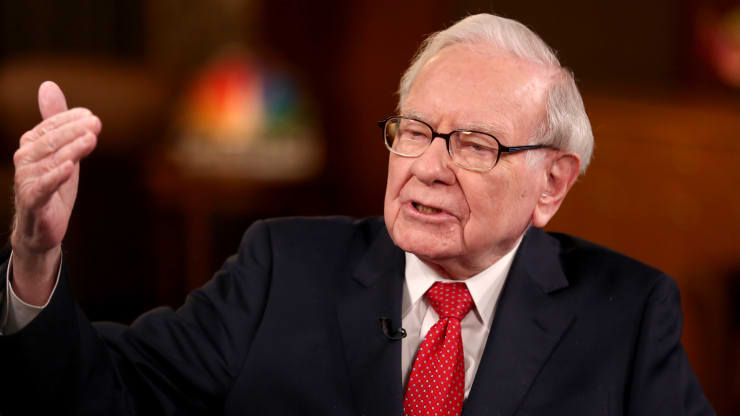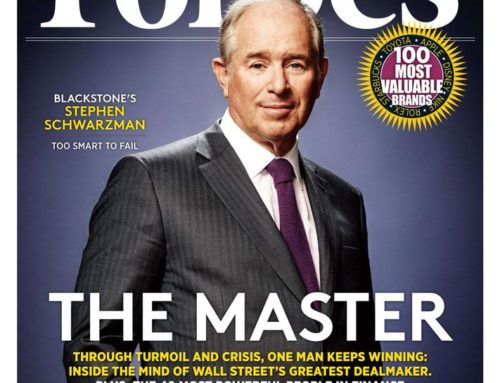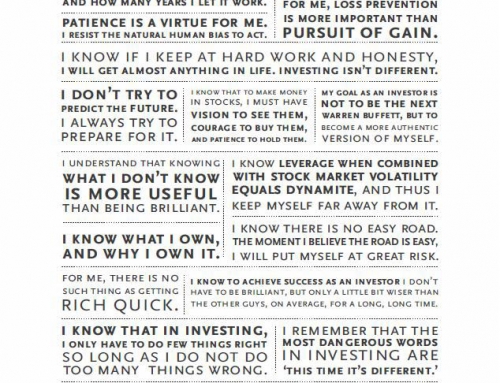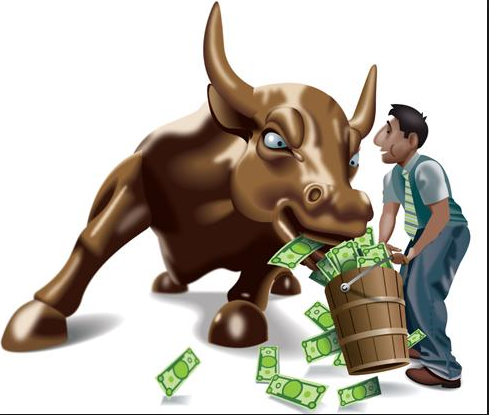Warren Buffet releases a letter to his Berkshire Hathaway’s shareholders every year to update them and to remind them on the business of Berkshire. And we can always learn lots from his insights on investments. It is actually not a very long letter, but for those who do not have time to read through the entire thing, here are the few main points that I feel are most pertinent.
1. Berkshire’s overall gain since 1965 is 3,641,613% versus S&P500 of 30,209%
Think the numbers speak for themselves that over the past 5 decades, Berkshire has been able to outperform the S&P500 significantly. This works out to an average annualized return of 20.1% for Berkshire and 10.5% for S&P500, roughly double. However, if you looked at the numbers of the past decade, Berkshire grew by 155% versus S&P500 of 131% or about 9.8%/yr average annualized returns vs S&P 8.7%/yr. Thus Berkshire has not been outperforming S&P500 as well as in the past.
2. “Our goal is to have meaningful investments in businesses with both durable economic advantages and a first-class CEO. Charlie and I are not stock-pickers, we are business-pickers.”
Buffet regularly reminds his shareholders that Berkshire’s business is not in stock speculation or trading, but in owning quality companies. As the saying goes, in the short-term, the stock market is a voting machine, in the long-term, it is a weighing machine. Thus shareholders must understand that if they are in for a quick buck, Bershire may not be the right company for them as sometimes, stock prices do not reflect the quality of the companies until much later.
3. “I always kept at least 80% of my net worth in equities. My favored status throughout that period was 100% – and still is. Berkshire’s current 80% or so position in businesses is a consequence of my failure to find entire companies (…) which meet our criteria for long-term holding.”
Berkshire is now sitting on $144 billion of cash, which is about 20% of their entire net worth. Buffet has reminded us that a bulk of our assets should be invested, and though we probably would not need to match his preference of 100% or even 80% in equities, but the message is clear, we need our assets to be invested and not sitting in cash. Buffet has made it clear that he dislikes sitting on cash, but between recklessly deploying Berkshire’s cash into moderate companies and letting it sit in low-interest accounts, Buffet favors the latter. He knows that there is opportunity cost and cash is losing value every day due to inflation, but he would rather take that loss than to put it into businesses that he is not convicted about.
4. When talking about increasing shareholder value, “Our second choice is to buy non-controlling part-interests in the many good or great businesses that are publicly traded. From time to time, such possibilities are both numerous and blatantly attractive. Today, though, we find little that excites us. That’s largely because of a truism: Long-term interest rates that are low push the prices of all productive investments upward, whether these are stocks, apartments, farms, oil wells, whatever. Other factors influence valuations as well, but interest rates will always be important.”
Buffet attributes the rising stock markets as a symptom of low interest rates rather than an indicator that these stocks are good quality companies. This is an important note. Many tend to attribute the rising stock prices of the companies as a sign that these companies are necessarily quality businesses, but to Buffet, it is not so. So one should not put too much weight on the performance of a company’s stock price when determining the quality of the company’s long-term business.
These are the 4 most important takeaways in my opinion of Buffet’s recent shareholder letter. Hopefully, my sharing has been insightful for you as well. And to end, I would add on a bonus 5th takeaway, that perhaps is not so much about investments, but rather a good life tip, which I can whole-heartedly affirm to be true in my own personal experience:
“Teaching, like writing, has helped me develop and clarify my own thoughts. Charlie calls this phenomenon the orangutan effect: If you sit down with an orangutan and carefully explain to it one of your cherished ideas, you
may leave behind a puzzled primate, but will yourself exit thinking more clearly.”













Recent Comments